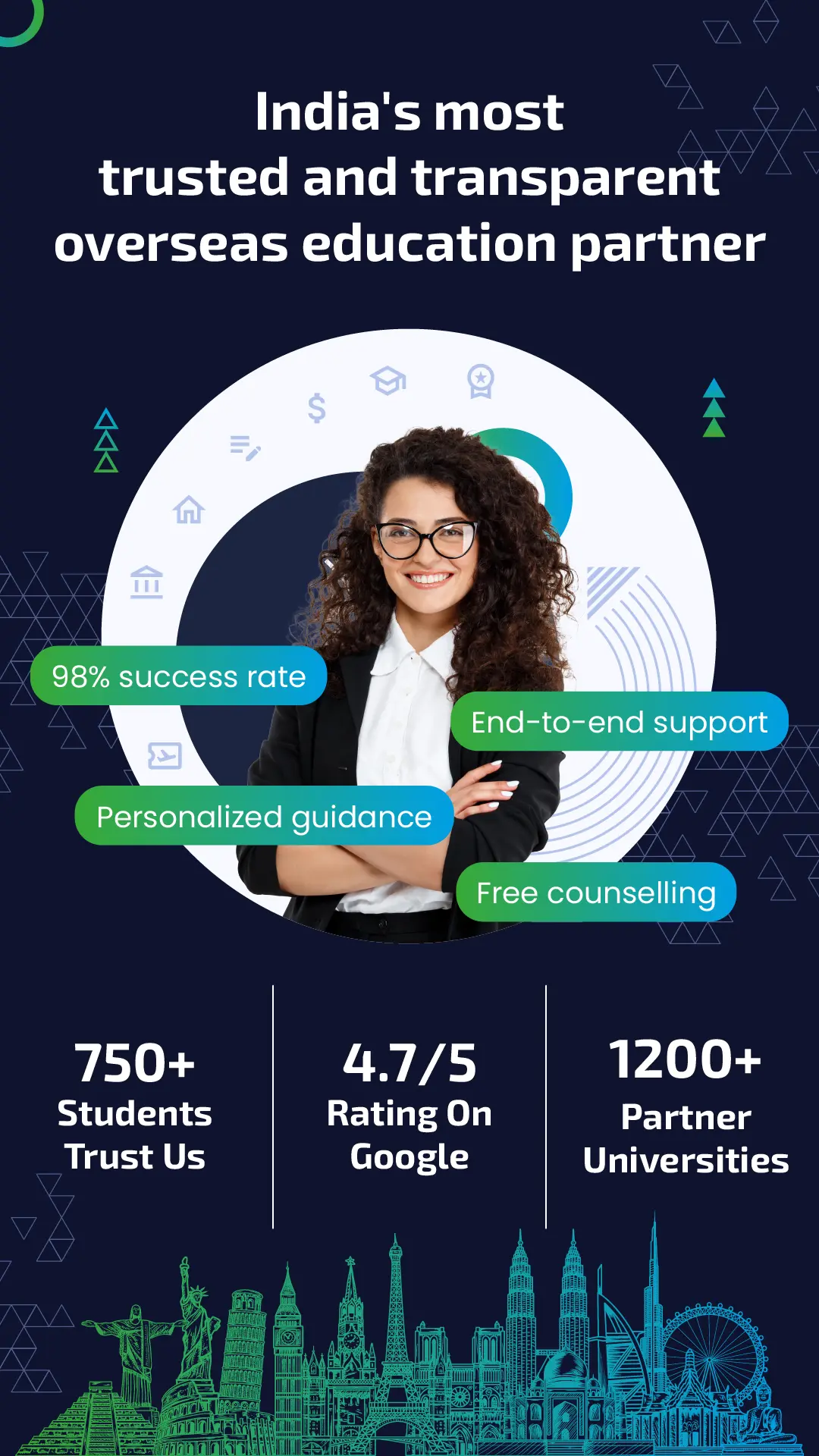For many Indian students, the belief that a prestigious university guarantees success is deeply ingrained. From IITs and IIMs to Ivy League schools, the race for top-ranked institutions is intense. The assumption? A well-known name on your resume equals better salaries, higher social standing, and unlimited opportunities. But is that always true? This debate between Career-Focused vs. University-Focused Applications has become more relevant than ever as students rethink their approach to higher education.
While a degree from a globally ranked university can open doors, it doesn’t always guarantee career satisfaction or job readiness. Many students choose a university based on rankings rather than whether the course aligns with their professional goals. This often leads to confusion post-graduation as they struggle to find relevant career opportunities. Career-Focused vs. University-Focused Applications is no longer just a choice—it’s a strategic decision that can shape one’s professional future.
The Shift: Career-Focused Applications
Many Indian students are now prioritizing skill-based education over brand prestige. Instead of chasing global rankings, they focus on programs that offer hands-on learning, strong industry ties, and high employability rates. This shift highlights the growing importance of Career-Focused vs. University-Focused Applications, where students are making strategic decisions based on future job prospects rather than just institutional reputation.
For example, a student passionate about AI may gain more from a university with a strong AI research department—even if it’s not a top-ranked school—than from an Ivy League university that doesn’t specialize in AI. The emphasis is shifting from brand names to career-driven learning, ensuring students acquire the right skills for the evolving job market.
Data back this trend. A recent survey showed that nearly 60% of Indian students now prioritize job-oriented courses over university rankings when choosing to study abroad. Countries like the USA, Canada, and Australia have also adapted to this shift, offering skill-based programs integrating internships, co-op placements, and industry projects. This change underscores the growing relevance of Career-Focused vs. University-Focused Applications, encouraging students to evaluate universities based on long-term career success rather than just prestige.
Global Trends & Industry Insights
The demand for STEM, data science, sustainability, and healthcare graduates is rising rapidly. Governments and universities worldwide are emphasizing skill development over theoretical learning:
- USA: The 36-month OPT extension for STEM graduates helps career-focused students gain work experience.
- Germany: Strong vocational training programs ensure graduates are job-ready.
- Australia & Canada: Universities partner with industries, increasing employment rates for graduates.
Countries are also adjusting immigration policies to favor graduates in high-demand fields. Choosing an in-demand field for students planning long-term careers abroad can significantly improve post-study work opportunities.
Should You Prioritize Career Focus or University Prestige?
Which approach suits you best? Here’s how to decide:
1. Define Your Career Goals
Do you clearly envision your industry and role? If yes, prioritize a program that develops those skills. If unsure, a globally ranked university might offer broader opportunities.
2. Research Industry Demand
Look at job trends in your field. Are specialized skills more valuable than university names? Check employment rates of graduates from different programs.
3. Evaluate Course Content & Practical Exposure
Does the program offer internships, co-ops, or real-world projects? Universities with strong industry ties can boost job readiness.
4. Check Alumni Outcomes
Speak to former students about job placements, salary growth, and career progression after graduation.
5. Consider Immigration & Work Opportunities
If you aim to work abroad, research visa extensions and post-study work options for your chosen field.
Finding the Right Balance: A Hybrid Approach
Instead of choosing one over the other, consider a balanced approach. Look for universities that offer both reputation and career-oriented programs. For example:
- Northeastern University (USA) isn’t Ivy League but has a renowned co-op program with top global companies.
- Monash University & University of Queensland (Australia) excel in research intensity and employability in specific fields.
- Technical University of Munich (Germany) offers strong industry collaborations, bridging academics with practical learning.
Conclusion
There’s no one-size-fits-all answer—choosing between a Career-Focused vs. University-Focused Application depends on personal goals, financial considerations, and industry demand. A prestigious degree holds value, but only if it aligns with your aspirations. Instead of chasing rankings, ask: Does this program equip me with the right skills? Will it open doors to real-world opportunities?
Success isn’t just about where you study but how well your education prepares you for the future. The key is to be strategic—choose a path that fuels your ambitions, builds industry connections, and sets you up for long-term growth. A well-thought-out decision today can shape the career you dream of tomorrow.



